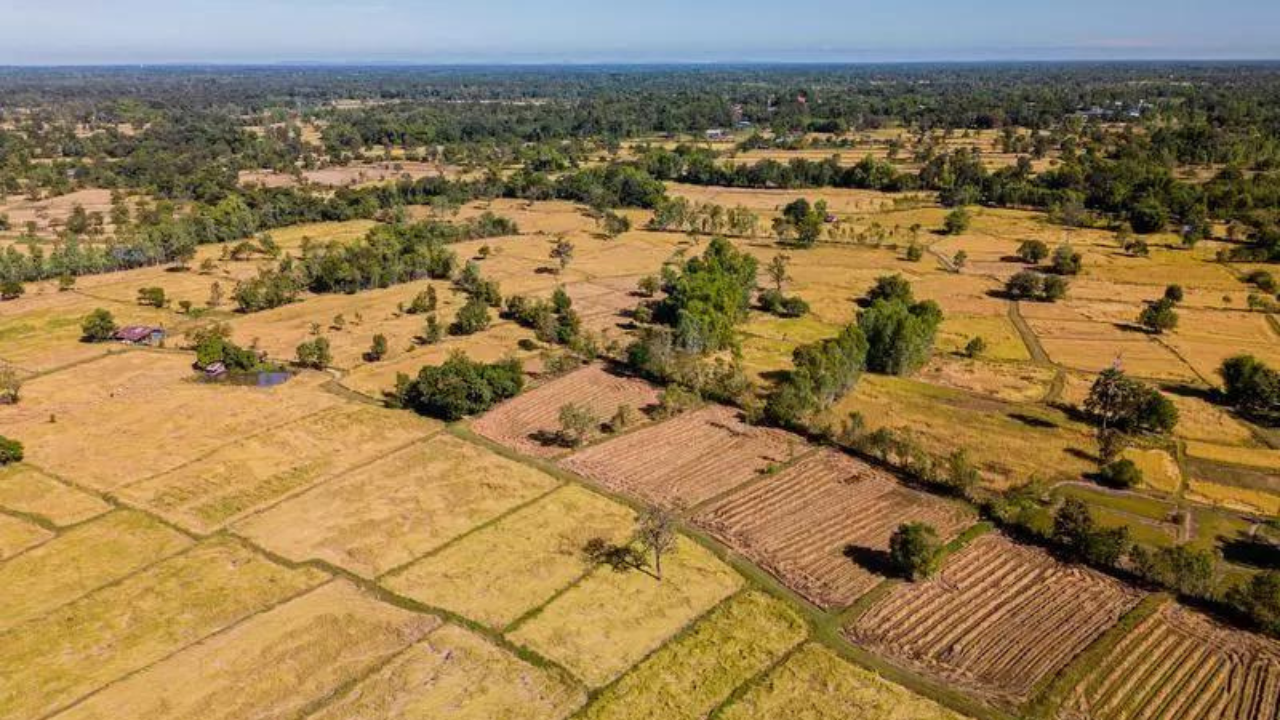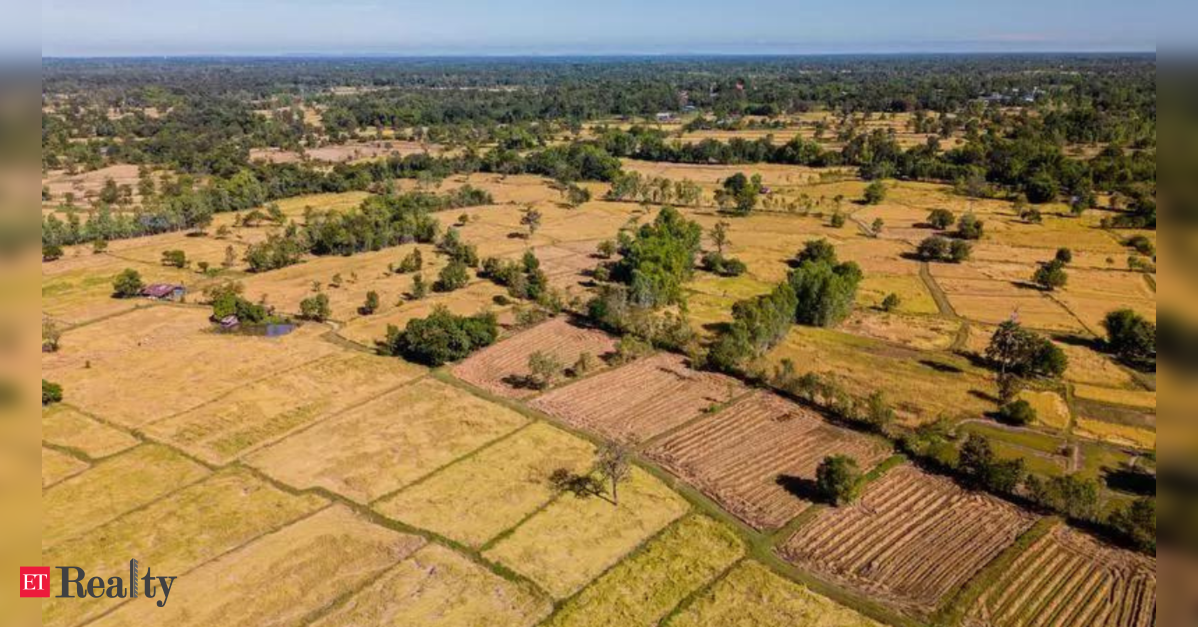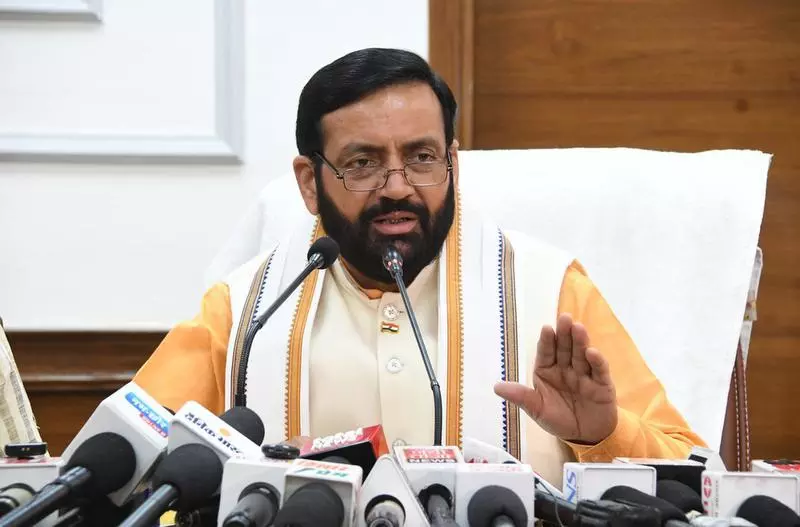
MOHALI: The Greater Mohali Area Development Authority’s (GMADA) ambitious land pooling policy has faced significant pushback, with only 51 applications received from nearly 8,000 eligible landowners after a two-month campaign to acquire 2,600 acres for urban development.
The initiative, intended for regulated growth across Sectors 84, 87, 101–103, and 120–124 along the PR-7 road, has met fierce opposition from local farmers and political parties. Protests organized by Congress have already occurred, with the Shiromani Akali Dal planning similar actions soon.
Farmer organizations from villages like Patton, Siaou, Badi, Kishanpura, Kurdi, and Matran have submitted a formal memorandum to Chief Minister Bhagwant Mann, expressing their opposition to the policy. GMADA officials report that only 45 farmers from Mohali district showed interest in the scheme, revealing a significant lack of enthusiasm. The land pooling policy was introduced to facilitate the acquisition of land for planned commercial, institutional, industrial, and residential projects. GMADA argues that this move is crucial for controlling the unauthorized colonies that are rapidly developing on agricultural land, particularly in villages such as Daun, Raipur, Behlolpur, Barmajra, Tarauli, and Jhampur, where illegal developments currently occupy over 50 acres.
Landowners in Mullanpur, where Eco-City-III is proposed, have also rejected the policy, calling it anti-farmer and detrimental to those owning smaller plots. The policy seems to benefit larger landholders disproportionately.
“GMADA’s compensation is far below market value. We are rightful owners of our land and will not give it up under these terms,” said Harvinder Singh Lambardar, a farmer leader representing the protesting landowners. He accused the government of trying to dispossess small and marginal farmers for the benefit of large developers, labeling the policy as “exploitative and unfair.” Farmers have claimed that coercive tactics, including police pressure, are being employed to force participation in the land pooling scheme. “Many of us with less than five acres stand to lose the most, while bigger landholders gain,” added another protesting farmer.
Action Ordered Against Illegal Colonies
In response to the rapid proliferation of unauthorized colonies, GMADA’s chief administrator has directed officials to prepare a report within two days identifying violations and determining accountability. The use of Google satellite imagery has also been approved to track illegal constructions and initiate action against offenders. The administration has clarified that no Change of Land Use (CLU) permissions will be granted to private developers in the designated areas.
Political and Administrative Fallout
A senior GMADA officer, speaking on condition of anonymity, acknowledged the disappointing response to the scheme. “We attempted to persuade farmers, but only 51 expressed initial interest. The sentiment is overwhelmingly negative,” said the officer. As opposition parties ramp up their protests and public dissatisfaction grows, the future of GMADA’s land pooling policy in Mohali appears uncertain and politically charged. With participation levels failing to improve, the administration may soon need to reassess the policy or explore alternative land acquisition models that address the concerns of the agricultural community.




